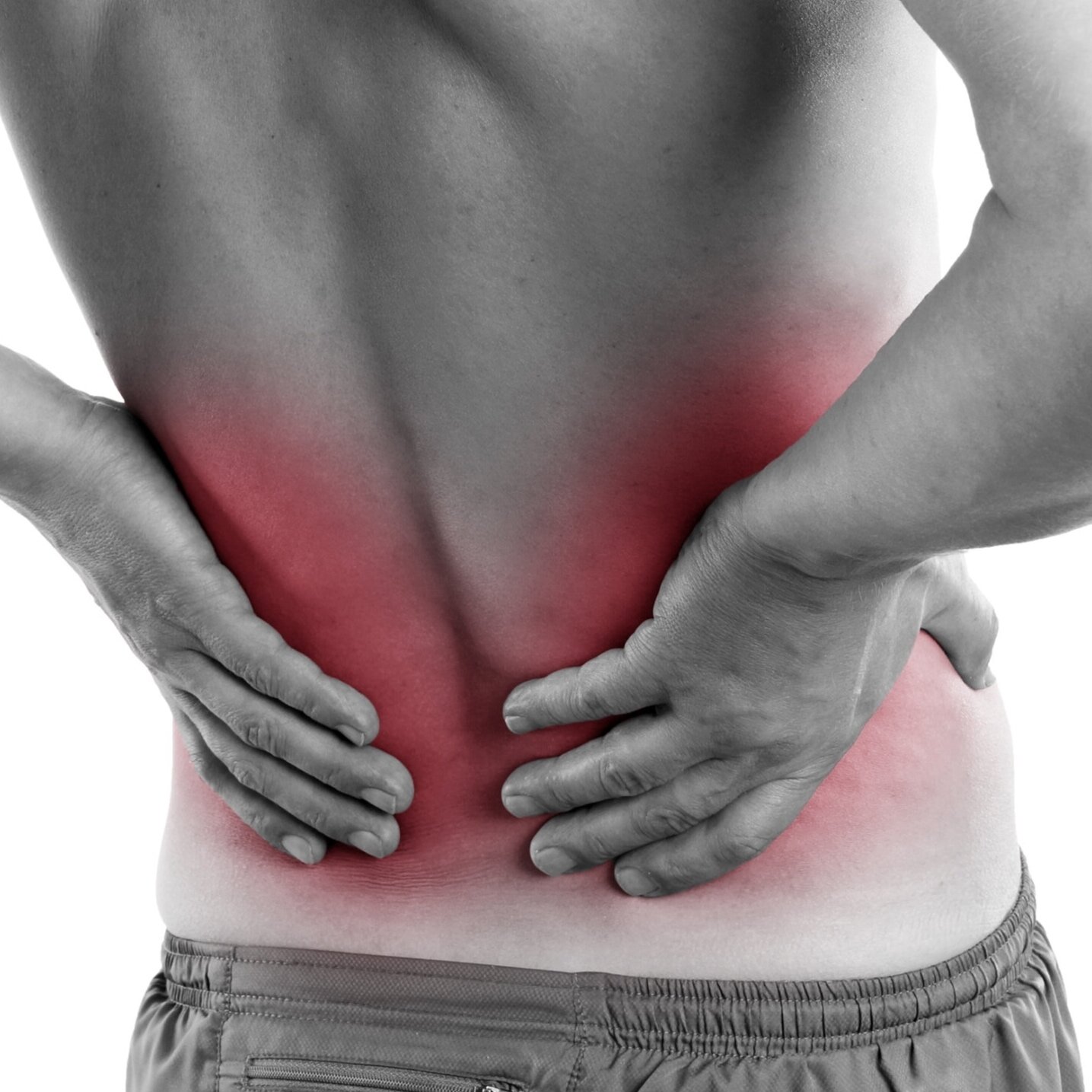LOW BACK PAIN Treatment
More About Low Back Pain Treatment
Neck pain is a very common pain problem in young adults as well as elderly persons. Neck supports head (weighing 6-8 kg) as well as provides movement of head in different planes. Neck Pain can be recovered by Dr. Sanjeev, who is amongst the Pain Management Specialists in Jaipur.
Causes of Lower back pain:
1. Lumbar strain OR Lumbago OR Mechanical low back pain (acute, chronic): A lumbar strain is a stretch injury to the ligaments, tendons, and/or muscles of the low back, due to.
– Fall or injury.
– Repetitive bending or twisting activities.
– Lifting heavy weight.
– Sitting/standing in abnormal posture.
2. Disc Prolapse OR Herniated lumbar disc OR Sciatica OR Lumbar radiculopathy: PIVD (Prolapsed Intervertebral disc)/ Lumbar radiculopathy is nerve irritation that is caused by damage to the discs between the vertebrae. Damage to the disc occurs because of age related degeneration (“wear and tear”) of the outer ring of the disc, traumatic injury, or both. As a result, the central softer portion of the disc (Nucleus Pulposus) can rupture (herniate) through the outer ring of the disc and cause compression as well as severe inflammation/ swelling/ irritation of spinal cord or its nerves as they exit the bony spinal column and its treatment is tough process but it can Genuinely treated by Dr. Sanjeev, Specialist of Back pain treatment in Jaipur. “Sciatica” pain of a herniated disc is characterized by sharp current like or sharp shooting pain that starts from the low back/ buttock down the leg, upto foot or calf region. It is due to inflammation/compression of nerves by herniated disc fragments.
Symptoms of sciatica /Disc Prolapse:
a. History of lifting weight/ fall/ spine twisting movement followed by sudden pain in lower back.
b. Sharp shooting or current-like pain radiating down from back or buttock to foot or leg region.
c. Associated numbness, tingling sensation or weakness of foot/ ankle or toes. Sometimes in severe cases, retention of urine/ urinary incontinence and constipation can develop.
d. Pain increases with forward or sideward bending/ sitting/ coughing/ sneezing. Pain relieved with lying down position with legs folded. Sometimes, sciatica pain occurs only during standing or walking, depending upon exact site of nerve root compression. Diagnosis is mainly done by clinical examination with positive SLR test or dural tension tests. Also MRI spine shows diffuse or posterolateral disc bulge with annular tear and compression over existing or traversing nerve roots. Nerve testing (NCV, EMG) can be done in cases, where peripheral neuropathy is also suspected by spine specialists. Initially treatment of back pain is conservative management with medicines, rest, postural modification, precautions and exercises/ physiotherapy. But in cases, where pain/ numbness/ weakness is not resolving, advanced interventional pain procedures e.g. transforaminal epidural injections, disc procedures, etc. are indicated.

Symptoms:
a. Localized discomfort/ pain/ aching pain in the low back area.
b. Back muscle spasm or Back stiffness (Difficulty in bending forwards).
c. Occasional pain going to the buttocks or thigh region.
d. Difficulty in getting up from bed in morning.
e. Pain increases with sitting/standing/working and relief with lying down position.
The diagnosis of lumbar strain is based on the history of injury, the location of the pain, and exclusion of nervous system/ spine nerves injury. Usually, X-ray of spine is only helpful to rule out bone abnormalities. Routinely MRI is not needed. If pain is not relieved on its own or by home remedies in a few days, then patient needs to see a Spine & Pain medicine specialist or best doctor for back pain treatment.
Diagnosis:
is by clinical examination mainly. X-ray of cervical spine can be ordered to rule out bony abnormalities. MRI cervical spine is used to rule out disc prolapse, nerve compression, spinal stenosis, etc
For details of treatment, consult Spine and Pain medicine specialist Dr. Sanjeev K. Sharma.
